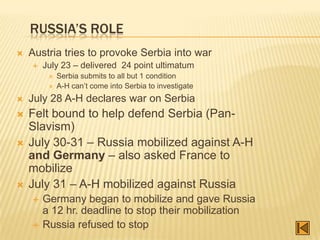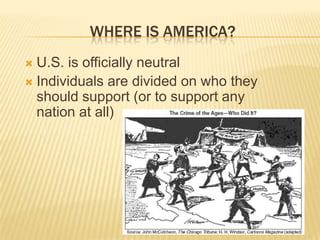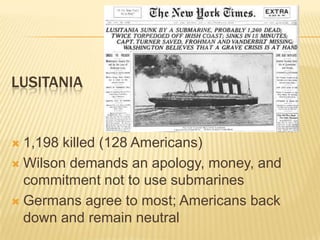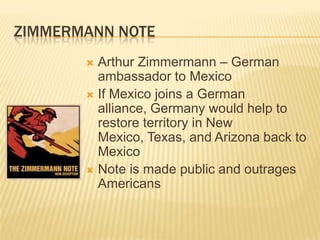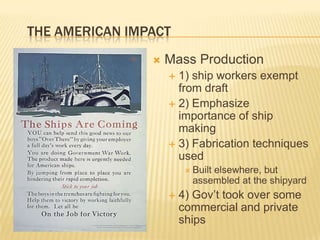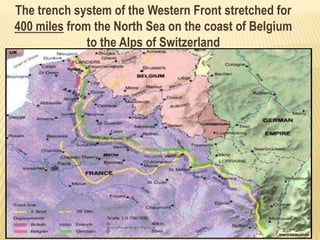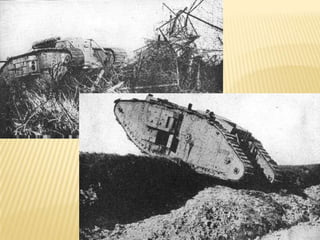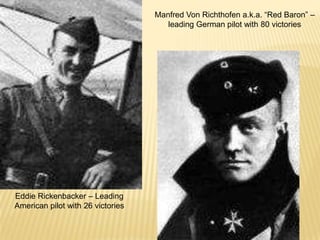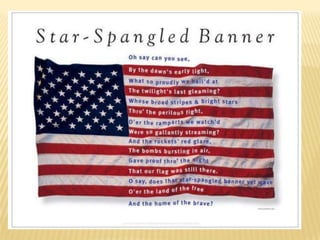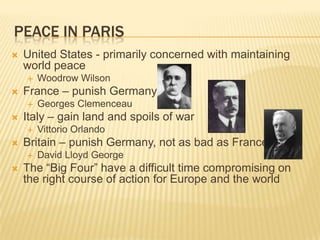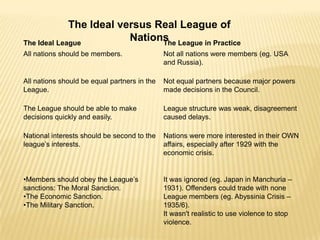The document discusses American foreign policy and imperialism around the turn of the 20th century. It provides background information on reasons for U.S. imperialism such as global competition, beliefs of cultural superiority, the need for new markets, and growing American military power. Key events that expanded American influence included the Spanish-American War and the acquisition of territories like Hawaii, Puerto Rico, Guam, and the Philippines.





















































































































